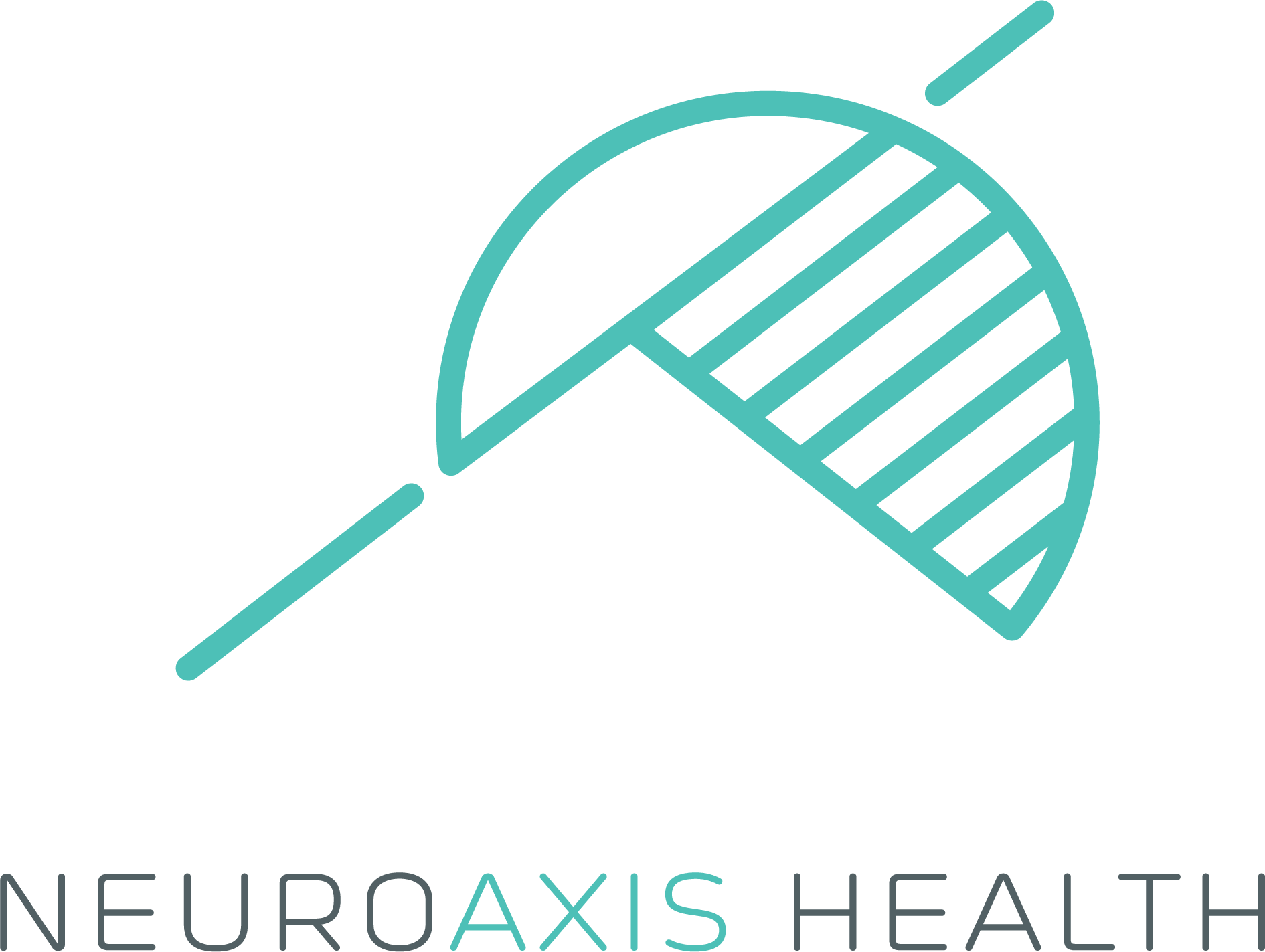Bennet Omalu and Concussion: "There is no such thing as a safe blow to the head."
On February 4th, 2016 I had the opportunity to attend a live interview at City Arts and Lectures in San Francisco with Stone Phillips and Bennet Omalu, the forensic concussion expert who discovered Chronic Traumatic Encephalopathy in NFL football players.
Left to right, Stone Phillips and Bennet Omalu at City Arts and Lectures in San Francisco February 4th, 2016
Dr. Omalu was extremely passionate, witty and inspirational as he told his personal and professional story which led to the discovery of CTE--a progressive degenerative brain disease which results from repetitive head trauma and which is very common in high impact sports like football. Dr. Omalu says, "Football players at a professional level have a 90-100% risk of developing CTE." However, this risk extends to all high impact sports and does not necessarily require blows to the head. Concussions are serious and they can cause permanent brain damage, but having one does not mean you will develop this disease. The primary cause underlying CTE is related to repeated concussions and/or exposure to high impact which results in cumulative minor sub-concussive damage in the brain. The signs and symptoms of CTE involve chronic headaches, memory loss, disorientation, erratic or impulsive behavior, impaired judgment and dementia.
What about kids, you may ask? Dr. Omalu says, "There is no such thing as a safe blow to the head" and recommends prohibiting children from participating in high impact sports until the age of 18. Due to the fact that brain cells do not have the ability to regenerate and a child's brain continues to develop up to 18-25 years of age, kids possess a higher risk of suffering from brain injury and permanent damage compared to adults. And since we now know that children take longer to recover from concussions than adults, he asks "Why do we continue to endanger our kids, their humanity and their ability to live life to their fullest potential?"
We all have heard numerous stories about athletes who have excelled in their sport and then exhibited a gradual and progressive decline in their personal life. It is quite possible that many of these athletes suffered from undiagnosed concussions which resulted in cognitive and behavioral changes or had developed CTE as the result of repetitive injuries. The take-home point here is that brain injuries are common in high impact sports. They are under-reported, under-diagnosed, often mis-managed and also occur gradually due to sub-concussive injuries which do not express themselves with obvious symptoms. The fact that kids account for 10% of the 3.8 million reported concussions that occur in contact sports each year and then are 6-8 times more likely to suffer a second concussion validates the need for improved baseline testing and more sensitive diagnostics that can improve the management of these brain injuries.
A 2014 study published in the Journal of Neurotrauma performed pre- and post-cognitive and functional MRI testing (which measures blood flow and brain activity) on high school football players over the course of one season. The study revealed “functionally-detected cognitive impairment” in both groups of students with and without a clinically diagnosed concussion. As one would expect, the kids who also suffered a concussion during the season also exhibited significantly worse impairments in cognitive testing and fMRI results.
In order to take care of our brain health, we need to be able to measure its function. For kids who participate in high impact sports, it should be mandatory that they receive pre- and post-season baseline concussion testing and an evaluation by a qualified health practitioner who utilizes the best diagnostic tools for assessing brain function and physical performance. If you're an adult who has suffered a brain injury or who is interested in maximizing the health of your brain, you should also receive these tests. Once an injury occurs these tests should be repeated. And if treatment is required, these test results can be used to customize brain rehabilitation that is specific to one's individual needs. So let's play smart and continue living life to our fullest potential.
Do you have kids who participate in high impact sports? Are you concerned about your own brain health? Have you noticed changes in you or your loved one's mood, behavior or cognitive function since an injury or illness? If the answer is yes, then please take a moment to review my website, learn about the latest advances in neurological rehabilitation and feel free to contact me if you have any questions.
To learn more about diagnostics for concussion and brain injury visit:
Diagnostics for Concussion and Brain Injury
By Rachman Chung
Dr. Chung is a board-certified chiropractic neurologist and fellow of the American College of Functional Neurology. He is an expert in physical and neurological rehabilitation and has helped numerous patients recover from sport and spine injuries, migraines, dizziness, vertigo, concussion and complex conditions. Follow Dr. Chung on Facebook, Twitter and join him on Google+
References
Talavage, Thomas M., Eric A. Nauman, Evan L. Breedlove, Umit Yoruk, Anne E. Dye, Katherine E. Morigaki, Henry Feuer, and Larry J. Leverenz. "Functionally-Detected Cognitive Impairment in High School Football Players without Clinically-Diagnosed Concussion." Journal of Neurotrauma 31.4 (2014): 327-38. Web.
Brain Injury Research Institute. “What You Need to Know About Brain Injuries and Concussion.” http://www.protectthebrain.org/FAQs.aspx

